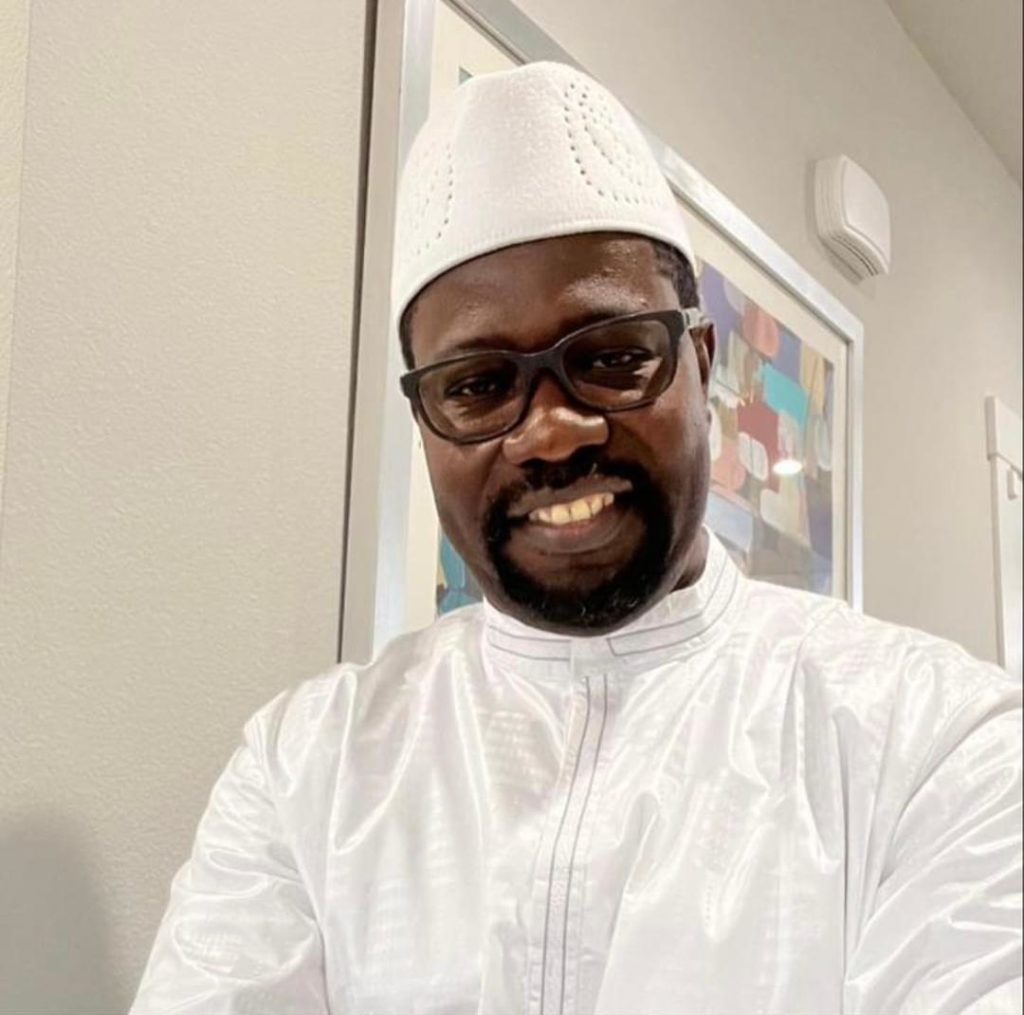The False Equivalency Of Emmanuel Joof’s Brunch Commentary

In a world where freedom of speech and democratic values are the cornerstones of progressive societies, it is disheartening to witness public figures resort to false equivalencies in their discourse, especially when addressing issues of utmost importance. Emmanuel Joof, the chairman of the National Human Rights Commission, recently made comments during his appearance on the Brunch with Lamin Cham that sparked controversy and criticism. While it is vital to acknowledge Joof’s call for restraint in political rhetoric, his equating of threats originating from the President with the utterances of individuals who lack the power of the state is problematic.
Emmanuel Joof is correct in advocating for restraint in political rhetoric. In any society, it is essential that individuals in positions of power and influence exercise their speech responsibly. Political leaders and influencers have a moral obligation to maintain civil and respectful discourse to foster a healthy political environment. Joof’s call for temperance is commendable, as it aligns with the principles of free speech, open dialogue, and peaceful coexistence within a democratic society.
However, where Joof’s commentary falls short is in his apparent false equivalency. He draws an analogy between the threats emanating from the President, who wields the power of the state machinery, and the statements made by individuals who lack such authority. This false equivalency not only muddles the discourse but also fails to hold those in positions of power accountable for their actions and words.
The President of a country must be held to a higher standard when it comes to rhetoric. President Adama Barrow’s remarks, singling out media houses with vitriol and threatening to re-arrest individuals granted bail by a court of law, are indeed serious violations of democratic principles. These actions, rather than being equated with the statements made by private individuals or political actors who do not hold such power, demand a more forceful condemnation. It is the role of independent bodies like the National Human Rights Commission to unequivocally speak out against such threats to press freedom and the rule of law.
The National Human Rights Commission, as an esteemed and independent institution, should play a crucial role in upholding human rights, democracy, and the rule of law. When faced with threats to these fundamental tenets, its leadership should lead by example and speak out boldly. Instead of engaging in whataboutism, Chairman Joof should have unambiguously condemned the assault on democracy and the rule of law that emanated from the highest office in the land. His comments not only make him appear indecisive, but also raise questions about the competence of his commission.
To reiterate, while Emmanuel Joof’s call for restraint in political rhetoric is admirable, his false equivalency between the threats made by the President and the statements of private individuals or political actors with no executive authority is problematic. Democracy demands that we hold those in power to a higher standard and that independent institutions like the National Human Rights Commission vigorously defend democratic principles. Chairman Joof’s commentary has failed to do so, and in doing so, it has undermined the credibility and effectiveness of his commission. In these trying times for democracy, it is imperative that leaders and institutions uphold the values they are entrusted to protect.

